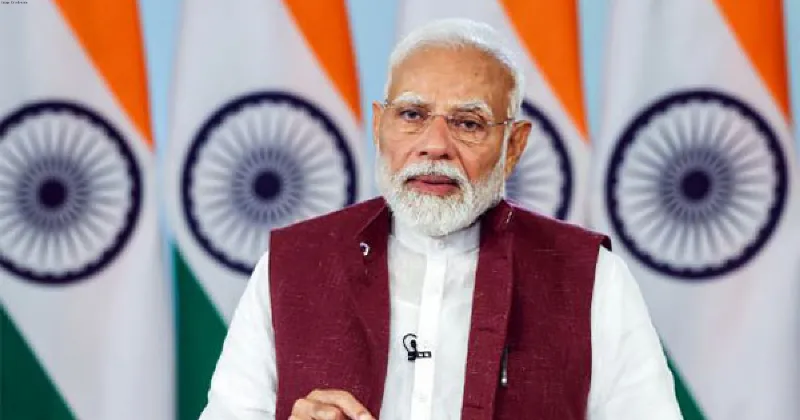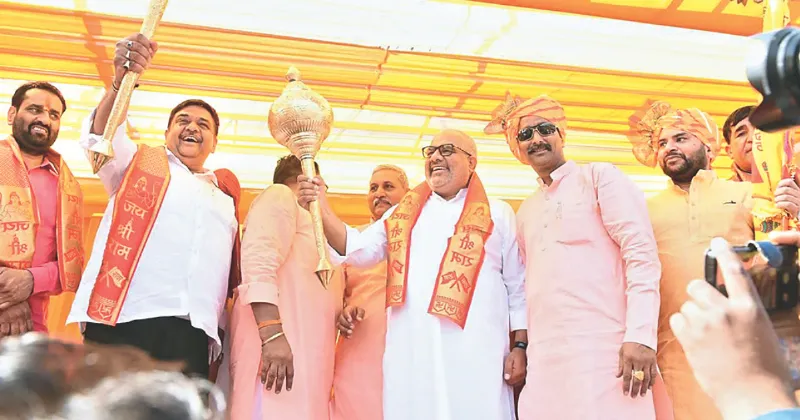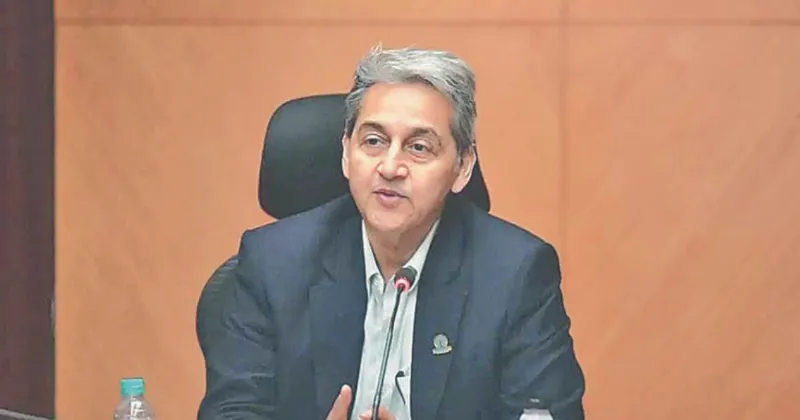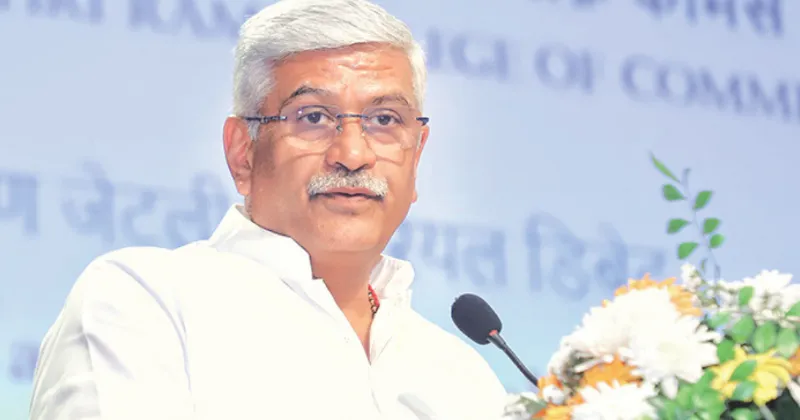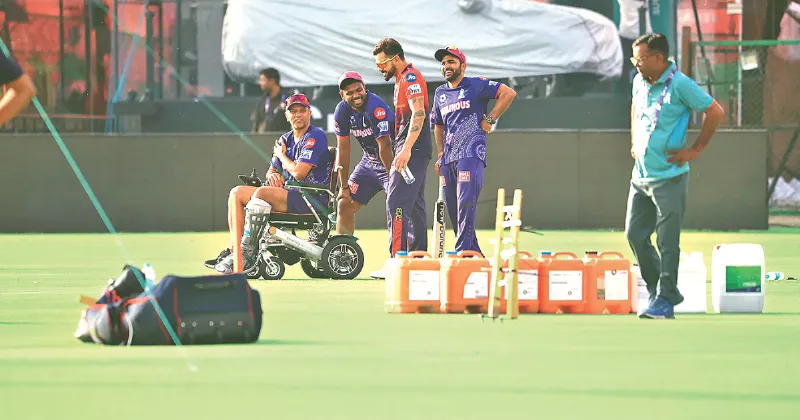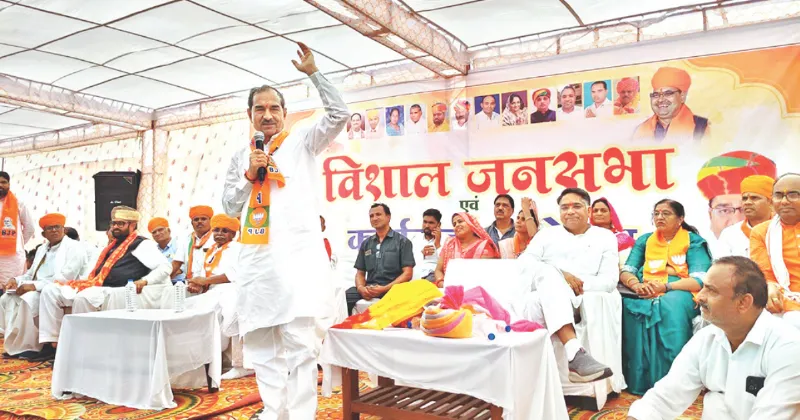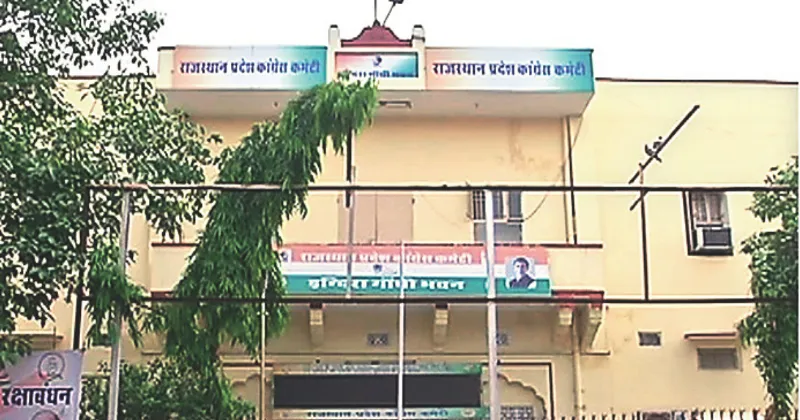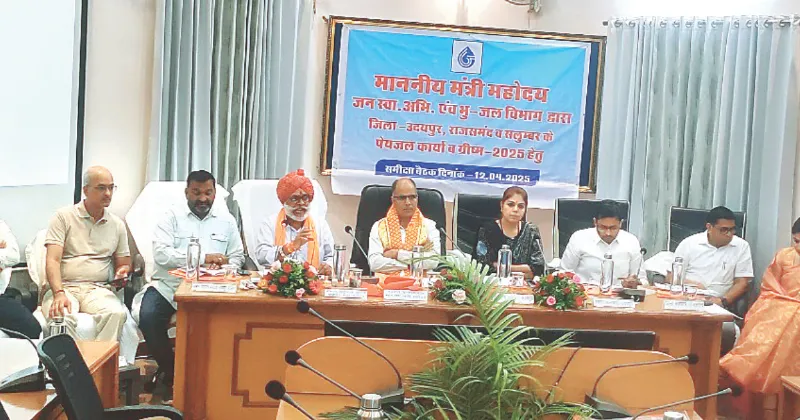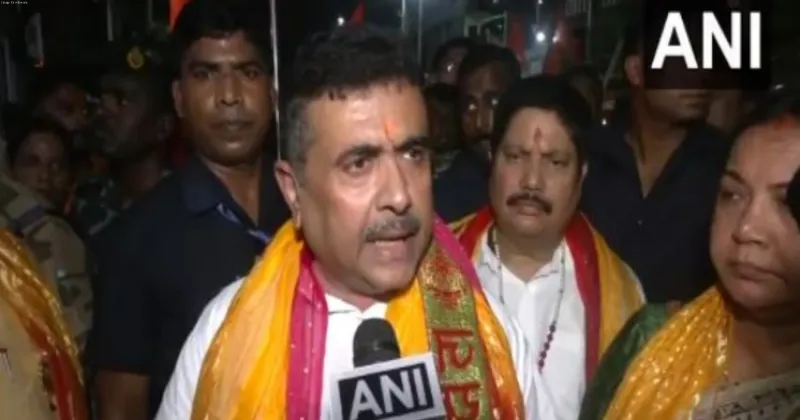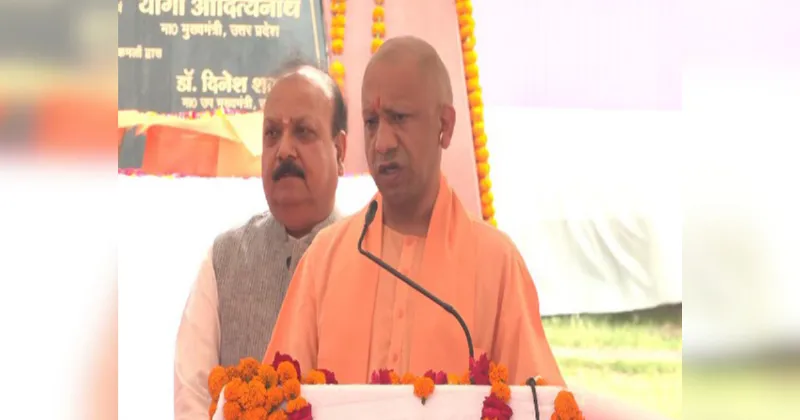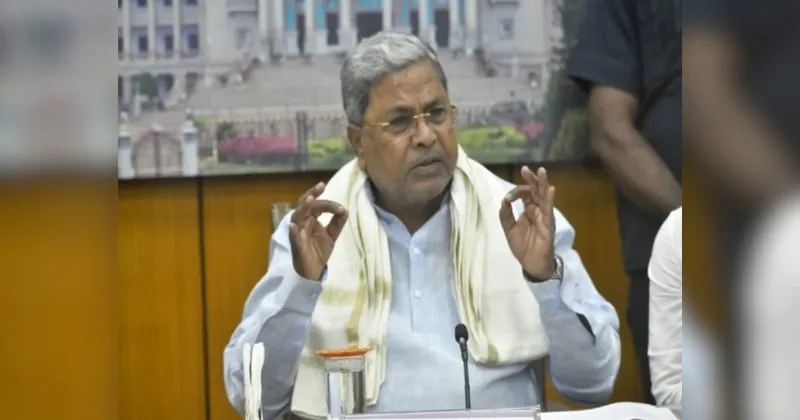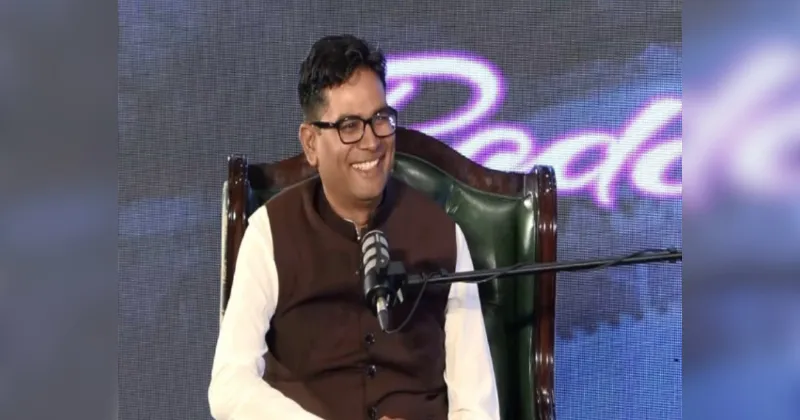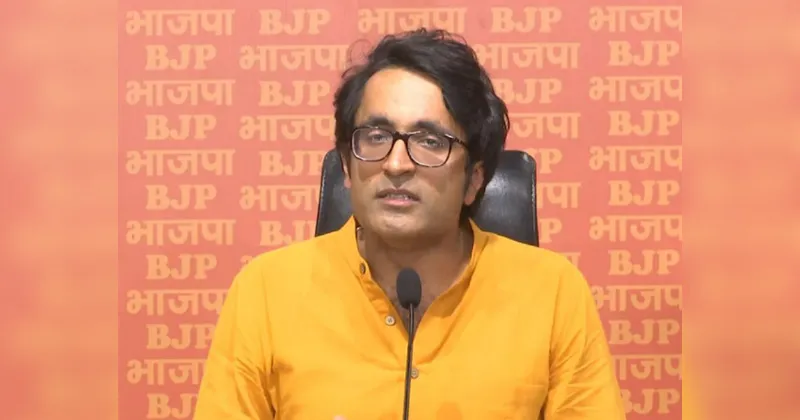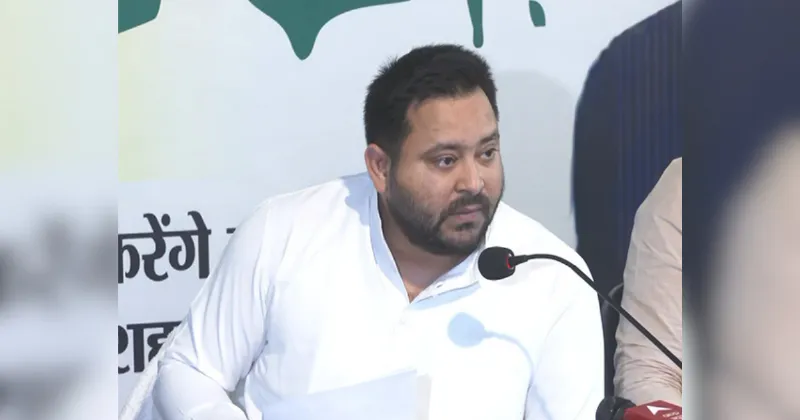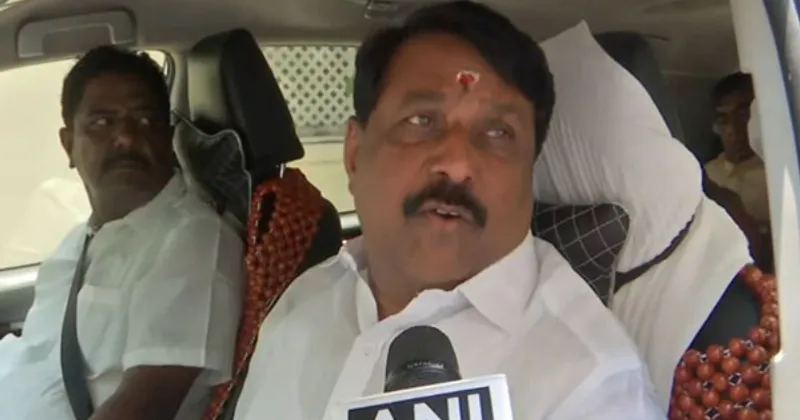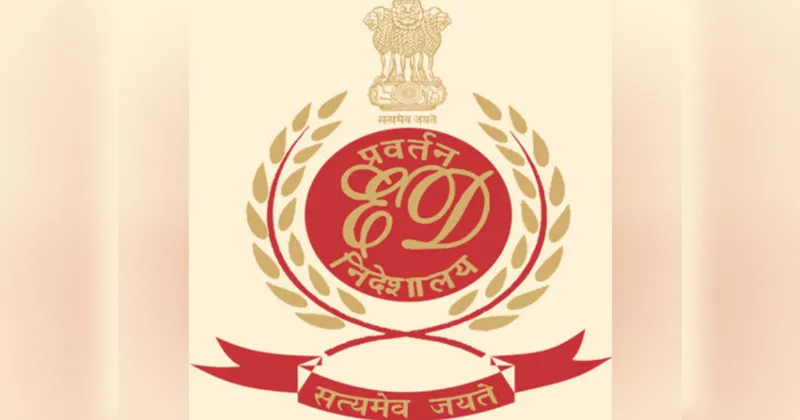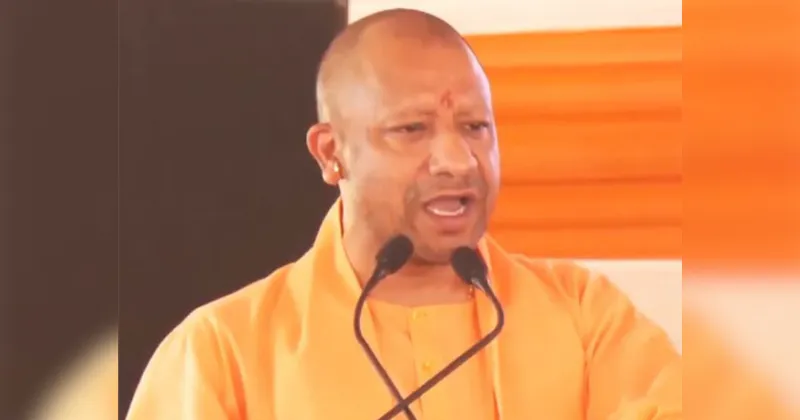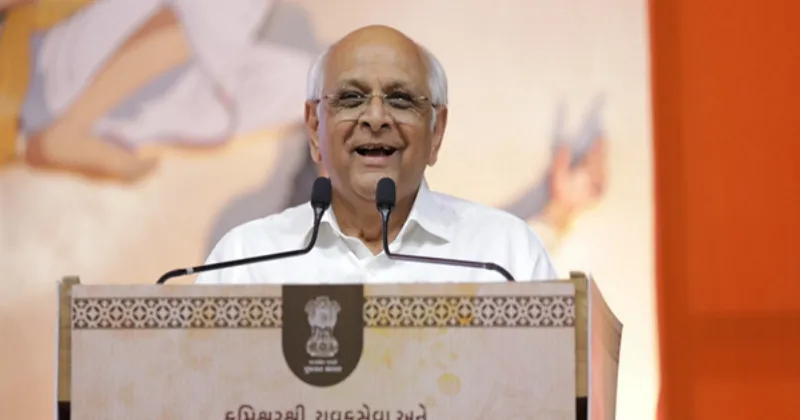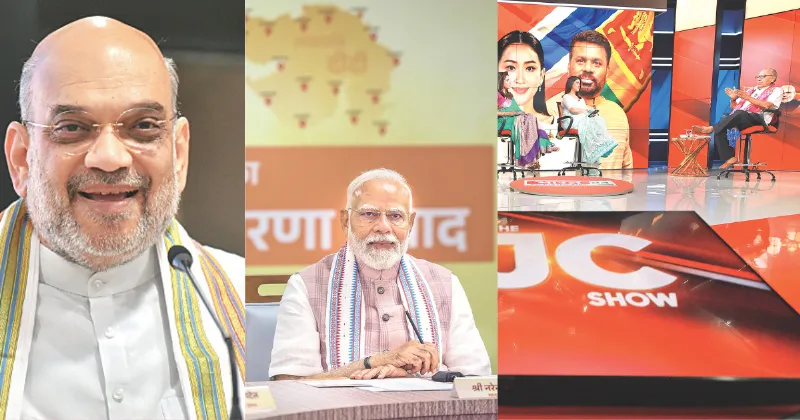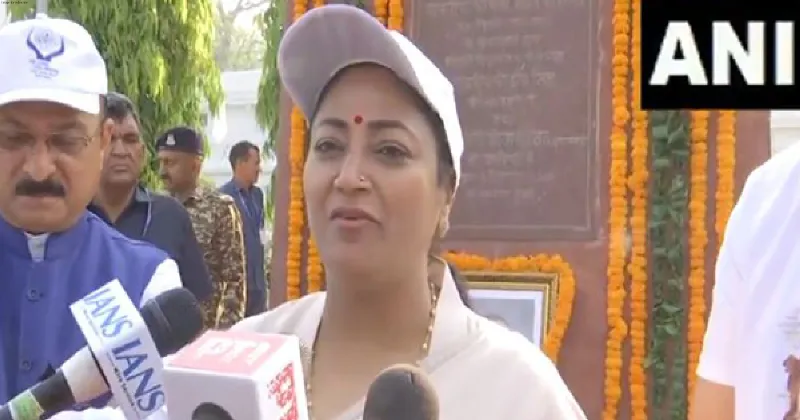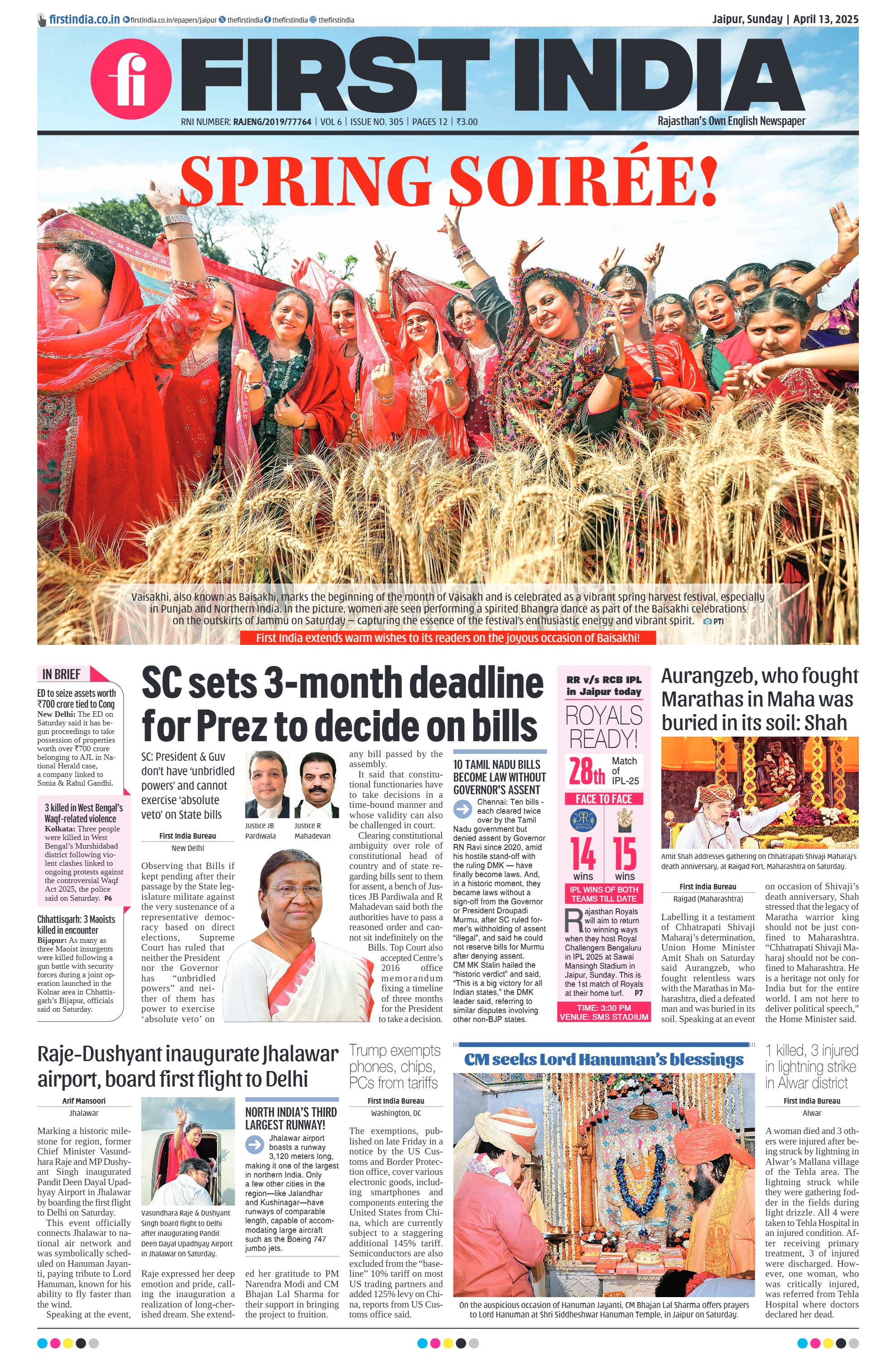Dehradun (Uttarakhand): On the third day of the special session of the Uttarakhand legislative assembly, discussions on the Uniform Civil Code Bill are underway.
Several senior leaders of the Bharatiya Janata Party (BJP), including Chief Minister Pushkar Singh Dhami, are present at the special session.
The Uniform Civil Code proposes to implement similar laws for all communities in the state.
Earlier on Tuesday, CM Dhami announced the introduction of the Uniform Civil Code (UCC) Bill in the Uttarakhand assembly, fulfilling a promise made ahead of the 2022 assembly elections.
He credited Prime Minister Narendra Modi for providing guidance and inspiration.
"With the guidance and inspiration of Prime Minister Narendra Modi, today, we are going to fulfil a promise that we made to the people of the state before the 2022 assembly elections to bring a Uniform Civil Code in the state," CM Dhami said.
"Our government, taking all sections of the society along with full responsibility, today presented the Uniform Civil Code Bill in the Assembly. The historic moment is near for Devbhoomi when Uttarakhand will become a strong pillar of Prime Minister Narendra Modi's vision of Ek Bharat, Shreshtha Bharat'," he added.
Uttarakhand Minister Prem Chand Aggarwal said the UCC Committee conducted an exhaustive process, holding 72 meetings and receiving suggestions from over 2,72,000 individuals through emails and WhatsApp.
Support for the UCC Bill was voiced by various members of the ruling Bharatiya Janata Party (BJP).
The bill contains the laws relating to marriage, divorce, succession, live-in relationships, and related matters.
Among the many proposals, the Uniform Civil Code Bill makes it compulsory for live-in relationships to be registered under the law.
Once the proposed UCC Bill is in place, "live-in relationships" will have to get registered under the law within 1 month from the "date of entering into the relationship".
To live in a live-in relationship, adults will have to obtain consent from their parents.
The bill also imposes a complete ban on child marriage and introduces a uniform process for divorce. The Code provides equal rights to women of all religions in their ancestral property.
As per the UCC Bill, the age for marriage will be 18 for women and 21 for men in all communities. Marriage registration is mandatory in all religions and marriages without registration will be invalid.
No divorce petition will be allowed to be filed after one year of marriage.
Highlighting the ceremonies for marriage, the proposed UCC Bill noted that marriage may be solemnised or contracted between a man and a woman in accordance with religious beliefs, practices, customary rites and ceremonies, including but not limited to "Saptapadt", "Ashirvad",
"Nikah", "Holy Union," and "Anand Karaj" under the Anand Marriage Act 1909, as well as under, but not limited to, The Special Marriage Act, 1954 and the Arya Marriage Validation Act, 1937.
However, nothing contained in the proposed UCC Bill will be applied to the members of any Scheduled Tribes within the meaning of clause (25) of Article 366 read with Article 342 of the Constitution of India and the persons and group of persons whose customary rights are protected under Part XXI of the Constitution of India.


.jpg)

